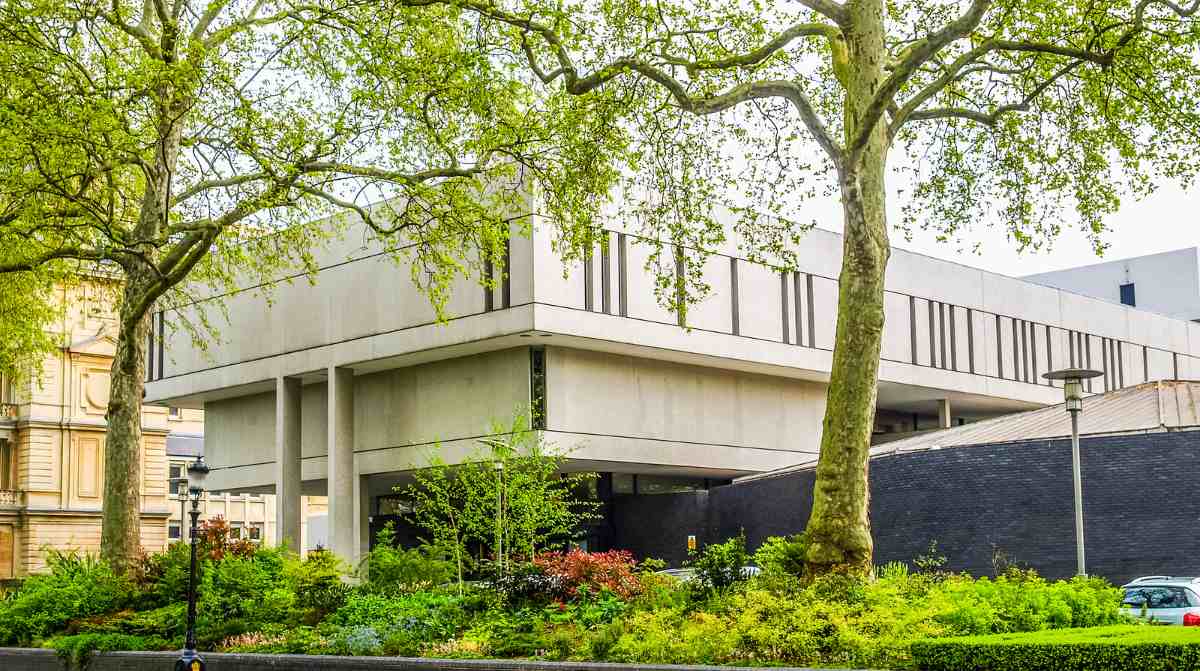
Royal College of Physicians faces investigation over switch to neutrality on assisted dying
Charity Commission asks whether change was handled properly
Royal College of Physicians building
In March, the UK’s Royal College of Physicians (RCP) changed its position on “assisted dying” from opposition to neutrality after conducting a poll of its members.
Dissidents, however, have denounced this as a “sham” and now the Charity Commission has launched an investigation into the controversy.
A Charity Commission officer told the RCP, which is a registered charity, in a letter that it was “unclear how the decision to change the position to neutral was determined . . . the matter raises concerns with regard to how the charity dealt with and managed such a sensitive and high-profile subject matter.”
Apparently, the RCP council minutes state merely that “there was a general feeling that neutrality was a legitimate position”. The Charity Commission said: “Charities should ensure that significant decisions such as this are properly thought out.” If the RCP is found guilty of breaking Charity Commission guidelines, it could be reprimanded.
Before the survey the RCP leadership set the threshold impossibly high for supporters of the traditional view. It set down that it would move to a neutral position unless a super-majority of more than 60% voted for or against legalisation of assisted suicide. Only about 19% of the RCP’s 36,000 members voted in the poll.
Opponents of a change actually had a plurality when doctors were asked whether the RCP should support the legalisation of assisted suicide or whether they personally supported assisted suicide.
In the first, whether RCP should support legalisation, only 31.6% were in favour, while 43.4% were opposed. In the second, only 40.5% supported assisted suicide, while 49.1% opposed it.
Michael Cook is editor of BioEdge
Creative commons
https://www.bioedge.org/images/2008images/FB_Royal-College-Of-Physicians-In-143343872.jpg
assisted dying
royal college of physicians
united kingdom
